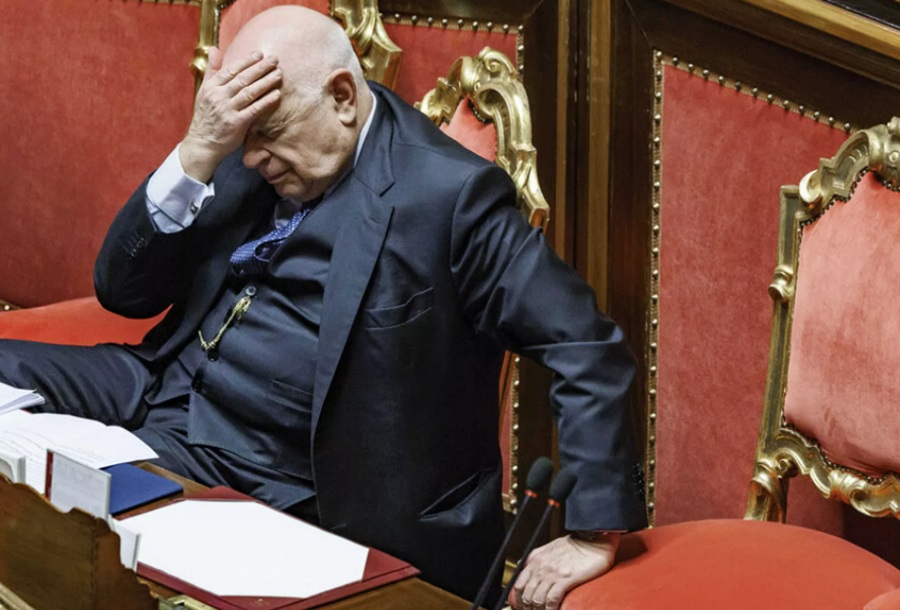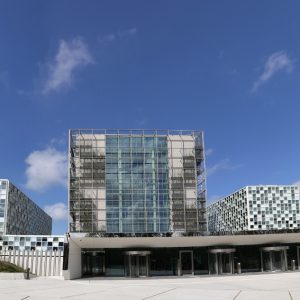The Lower House on Wednesday rejected a Nordio no-confidence motion. The centre-left opposition had filed the motion over the Justice Minister’s handling of the arrest, release, and return to Libya of General Osama Almasri, the Libyan judicial police chief wanted by the International Criminal Court (ICC).
The Nordio no-confidence motion was defeated by 215 votes to 119. The centrist opposition party Azione chose not to take part in the vote, breaking from the rest of the centre-left.
Nordio told the House he was being attacked to prevent judicial reform. He said the reform aimed to separate the career paths of judges and prosecutors and change how members of the judiciary’s self-governing body are elected.
He also accused opposition members of reminding him of the “inquisition” and denied delaying his response to Rome’s appeals court. The court allowed Almasri’s release from detention two days after his January 19 arrest in Turin on an ICC warrant. He then returned to Libya on a State flight. The ICC said there was no open case for Nordio to answer to.
Leaving the House after the vote, Nordio said: “Parliament is sovereign and anything it decides represents the will of the people and therefore satisfies me because I am a democrat.”
He also stated he would not backtrack “even by a centimetre” on judicial reform. “The reform will move forward without hesitations,” he said.
Constitutional reform bill
The Constitutional reform bill has received its first approval from the Lower House. The bill proposes separating the career paths of prosecutors and judges to prevent movement between the roles. It also introduces a high court to discipline members of the judiciary and changes how justices of the Supreme Council of the Judiciary (CSM) are elected, using a draw process.
The judiciary’s union, the National Association of Magistrates, opposes the reform. It argues it will weaken the judiciary and place prosecutors under the executive’s control. Nordio has rejected this claim.




